
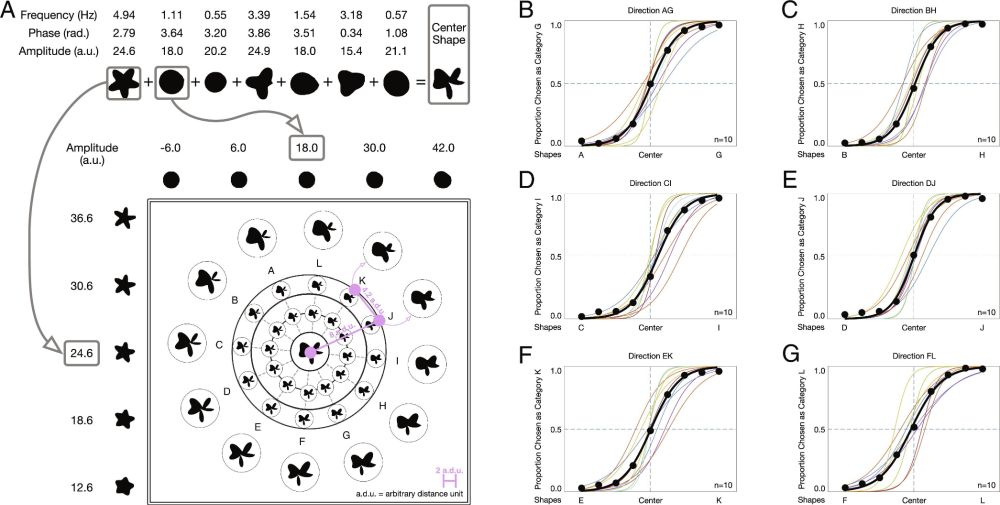
www.pnas.org/doi/10.1073/...
New paper by @selmalugtmeijer.bsky.social showing that neural states get longer as people age. #PsychSciSky
nature.com/articles/s42003-025-08792-4

New paper by @selmalugtmeijer.bsky.social showing that neural states get longer as people age. #PsychSciSky
nature.com/articles/s42003-025-08792-4
www.sas.rochester.edu/bcs/jobs/pos...
#Postdoc #PostdocJobs #AcademicJobs #HiringAcademics #JobSearch #Neuroscience #ResearchJobs #STEMjobs #ScienceJobs

www.sas.rochester.edu/bcs/jobs/pos...
#Postdoc #PostdocJobs #AcademicJobs #HiringAcademics #JobSearch #Neuroscience #ResearchJobs #STEMjobs #ScienceJobs


We hope these stimuli will be useful to researchers aiming to (partially) disentangle the contributions of lower- and higher-level visual features to behavior & brain activity.
1/

We hope these stimuli will be useful to researchers aiming to (partially) disentangle the contributions of lower- and higher-level visual features to behavior & brain activity.
1/
We provide evidence that gaze reinstatement & neural reactivation are deeply related phenomena that jointly reflect the experiences constructed during recall. doi.org/10.1038/s414...
🧵1/9

We provide evidence that gaze reinstatement & neural reactivation are deeply related phenomena that jointly reflect the experiences constructed during recall. doi.org/10.1038/s414...
🧵1/9
How does the brain make sense of continuous experience?
We find that continuous experiences can be compressed using a subset of key moments that dominate comprehension and recall.
👉 https://doi.org/10.1101/2025.08.30.673233
How does the brain make sense of continuous experience?
We find that continuous experiences can be compressed using a subset of key moments that dominate comprehension and recall.
👉 https://doi.org/10.1101/2025.08.30.673233
Brain regions’ representations can become coarser or finer as event familiarity increases. Fine-tuning predicts memory recall.
Excited to share this work with Narjes Al-Zahli & @chrisbaldassano.bsky.social!

Brain regions’ representations can become coarser or finer as event familiarity increases. Fine-tuning predicts memory recall.
Excited to share this work with Narjes Al-Zahli & @chrisbaldassano.bsky.social!
Ok, not *that* kind of mind reading, but we have created a deep learning method capable of using single neuron recordings from people watching episodes of TV that can predict when they recall specific memories from the episode. 1/6

Ok, not *that* kind of mind reading, but we have created a deep learning method capable of using single neuron recordings from people watching episodes of TV that can predict when they recall specific memories from the episode. 1/6
doi.org/10.31234/osf...
doi.org/10.31234/osf...

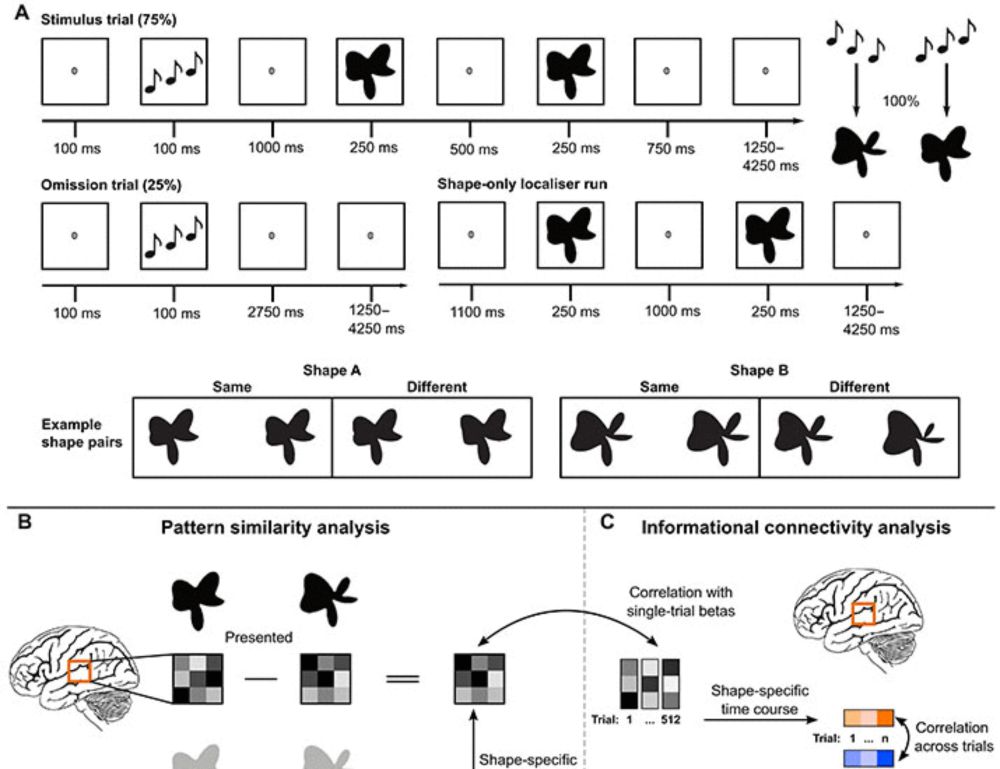

I am so delighted that this work found a wonderful home at Open Mind. The peer review journey was a rollercoaster but it *greatly* improved the paper.
direct.mit.edu/opmi/article...
I am so delighted that this work found a wonderful home at Open Mind. The peer review journey was a rollercoaster but it *greatly* improved the paper.
direct.mit.edu/opmi/article...
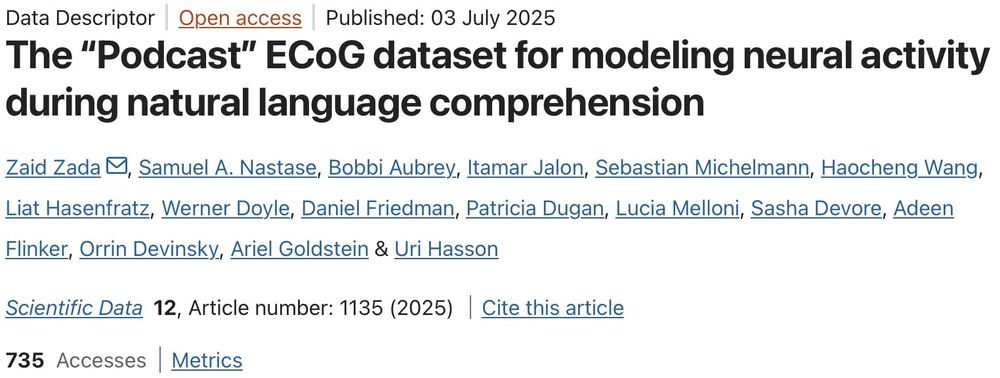
We investigated how hippocampal and cortical ripples support memory during movie watching. We found that:
🎬 Hippocampal ripples mark event boundaries
🧩 Cortical ripples predict later recall
Ripples may help transform real-life experiences into lasting memories!
rdcu.be/eui9l
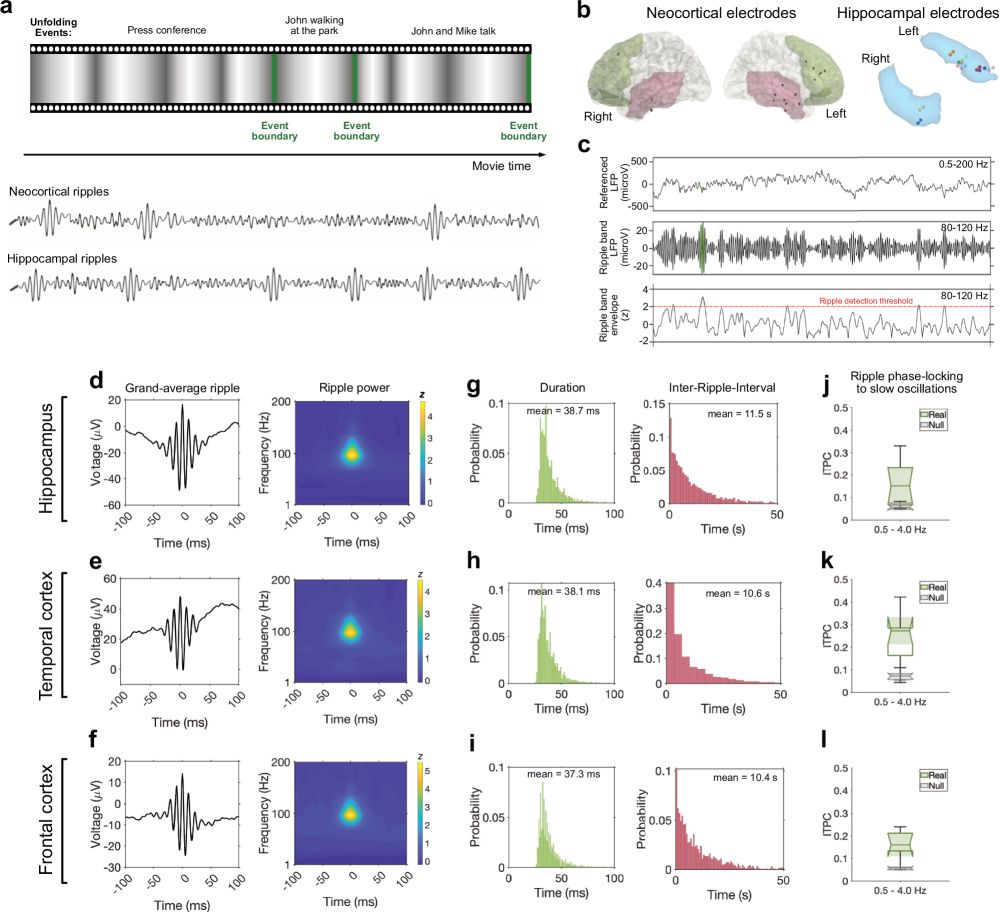
We investigated how hippocampal and cortical ripples support memory during movie watching. We found that:
🎬 Hippocampal ripples mark event boundaries
🧩 Cortical ripples predict later recall
Ripples may help transform real-life experiences into lasting memories!
rdcu.be/eui9l
🔗 www.science.org/doi/10.1126/...
Here's a quick summary of what we found 🧵👇
🔗 www.science.org/doi/10.1126/...
Here's a quick summary of what we found 🧵👇
We show that the dopamine system responds to natural breakpoints in experience, and this relates to more stretched memories of time. Blinking also increases, signaling encoding of new memories.
www.biorxiv.org/content/10.1...
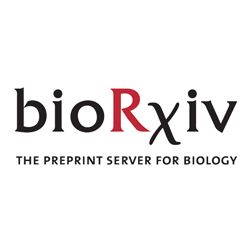
We show that the dopamine system responds to natural breakpoints in experience, and this relates to more stretched memories of time. Blinking also increases, signaling encoding of new memories.
www.biorxiv.org/content/10.1...
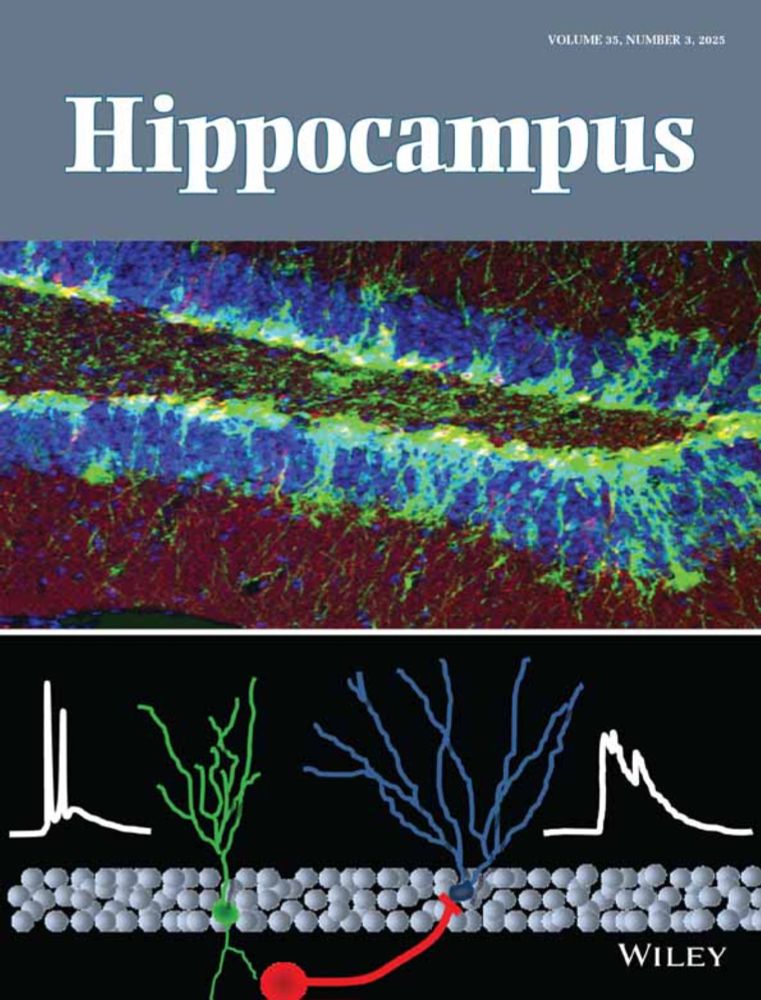
We recorded iEEG from patients during memory retrieval... and found something really cool 👇(thread)
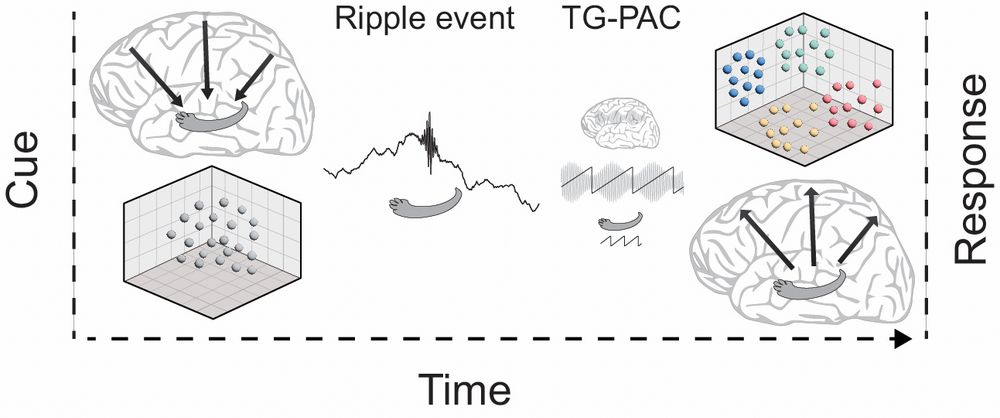
We recorded iEEG from patients during memory retrieval... and found something really cool 👇(thread)
www.nature.com/articles/s44...
This primer is for beginners to get started, advanced programmers to improve, and PIs.
#psychology #psychsci #cogsci #neuroskyence
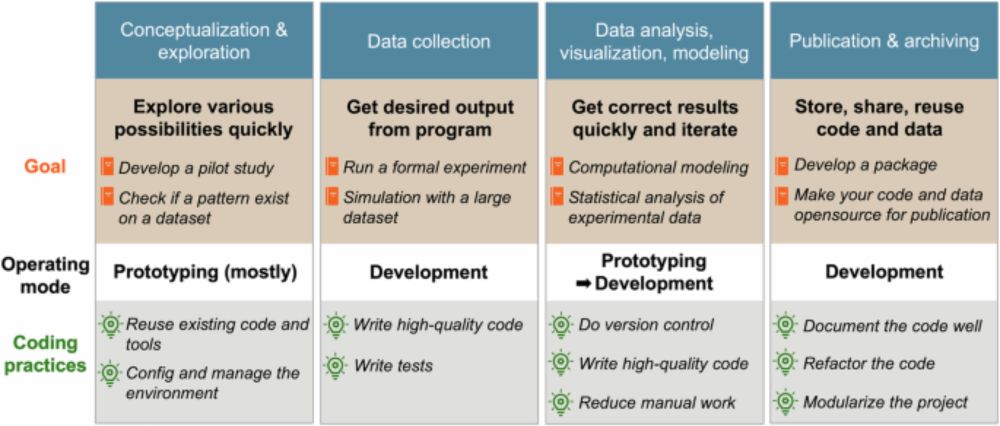
www.nature.com/articles/s44...
This primer is for beginners to get started, advanced programmers to improve, and PIs.
#psychology #psychsci #cogsci #neuroskyence


